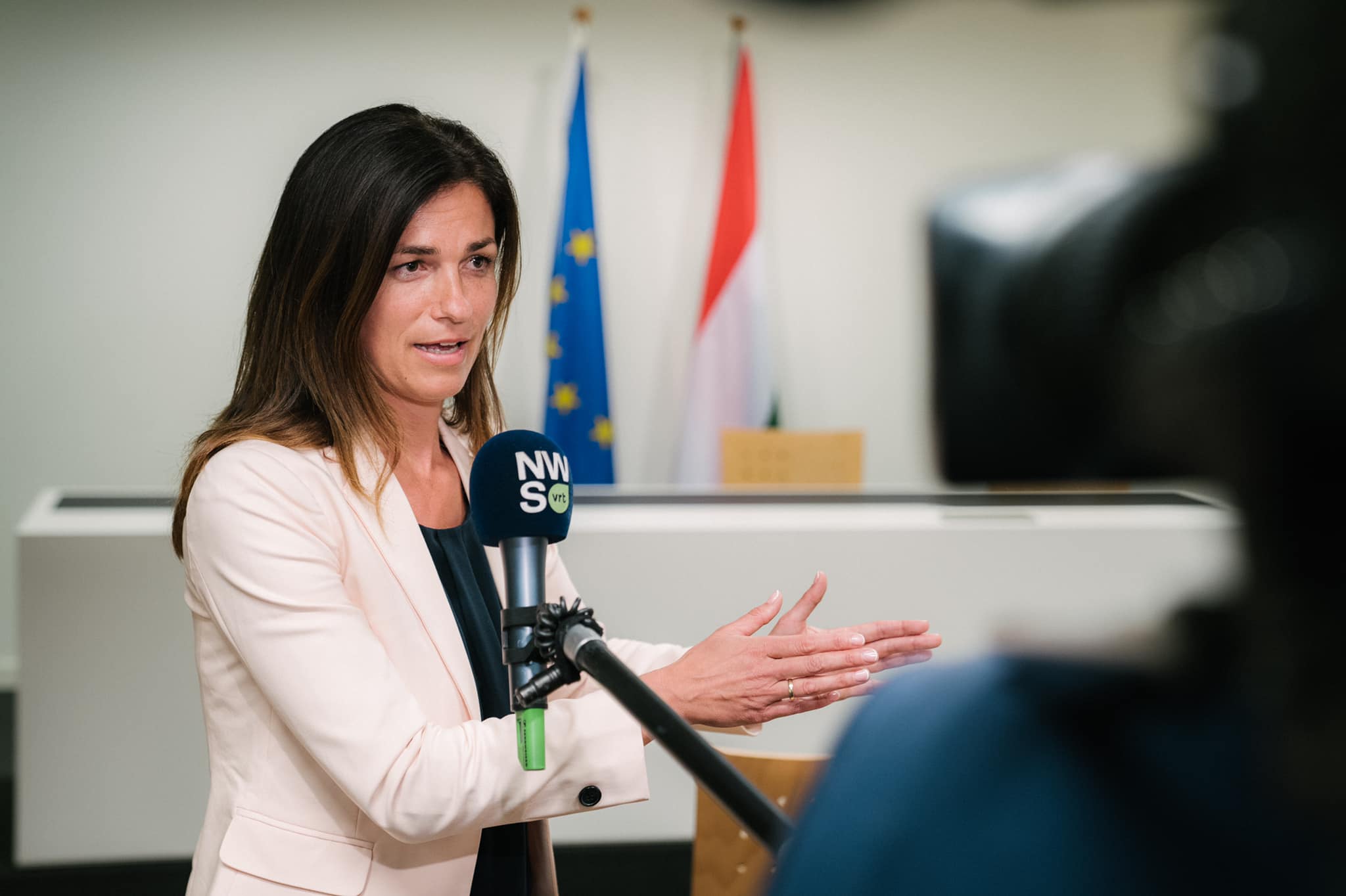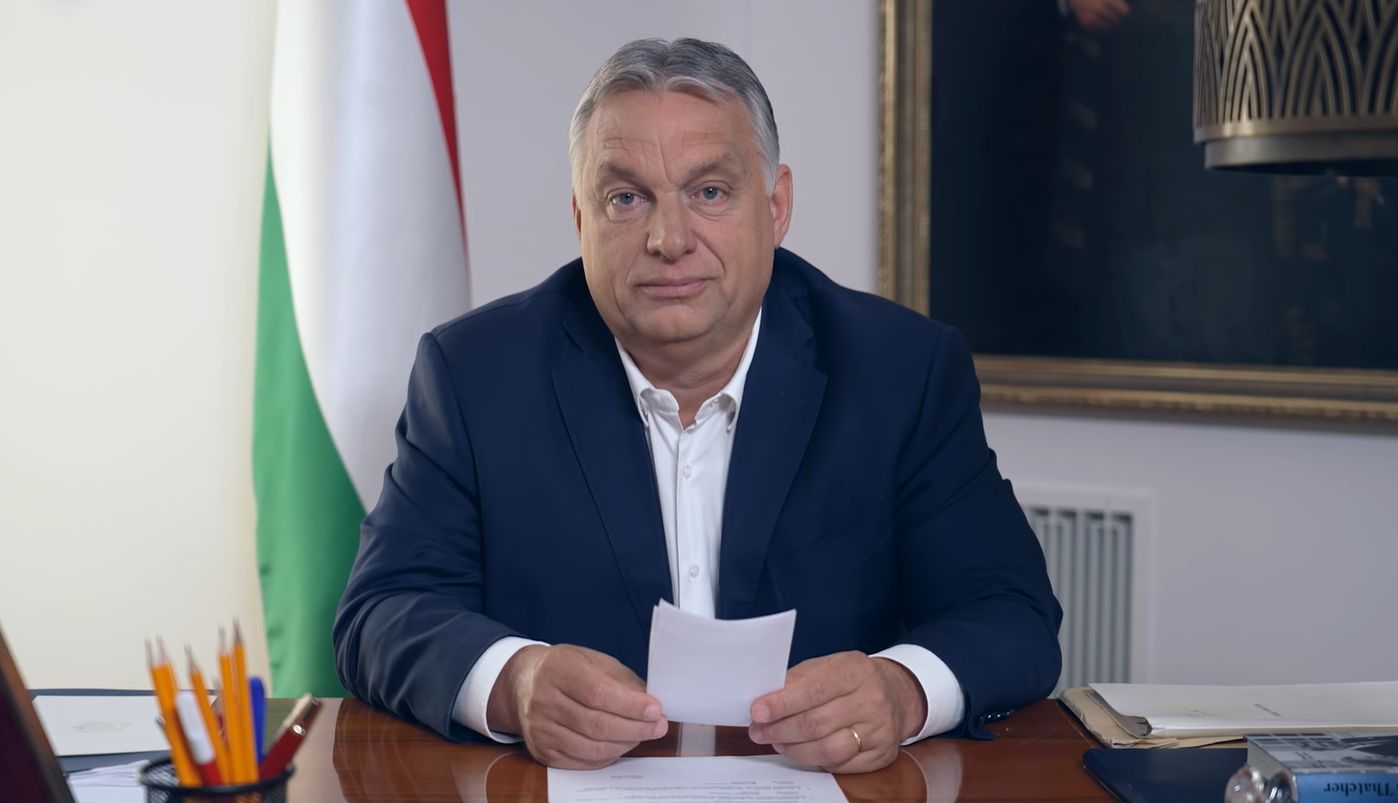
Justice Minister Varga said that every kind of suspicion on information gathering needs to be investigated, while state secretary Kovács says the international scandal is a fabrication to attack PM Orbán.Continue reading

The government has decided to allow referendums once again. Virtually just hours after the decree came out, Prime Minister Viktor Orbán made an announcement on the organization of a vote regarding the controversial anti-pedophilia law, a.k.a. the child protection act which has been amended with restrictive sections concerning the LGBT+ community, and criticized by many including the EU. The Prime Minister justified the referendum by stating that “Brussels has clearly attacked Hungary.” Meanwhile, the Mayor of Budapest and one of the opposition candidates to challenge Orbán in 2022, Gergely Karácsony, also announced he wants a nation-wide referendum on three issues.
Up until Wednesday at 8 o’clock, referendum organization was impossible due to the state of emergency (in effect presumably until September) implemented to combat the coronavirus. Somewhat unexpectedly, a government decree emerged and entered into effect this morning, green-lighting nationwide (local ones are still impossible) votes. The Prime Minister’s announcement made on Facebook, came virtually hours after the decree had taken effect.
In the video, Viktor Orbán explains that Brussels “demands changes to the education law and child protection regulations,” adding that “they complain that we do not allow what has become the Western European practice” with “LGBTQ activists going into kindergartens and schools to provide sexual information.” “That is what Brussels bureaucrats want in Hungary, too,” he stated. “Our children’s future is at stake and we cannot make concessions in this case,” Orbán also said, insisting that “when pressure on our country is this strong, Hungary can only be protected by the common will of the people.”
In addition, he also referred to the so-called ‘quota referendum’ in 2016, when “Brussels wanted to force migrants into Hungary” and “Hungarians prevented them from doing so through the vote” (in fact due to the low turnout, the vote couldn’t be considered valid).
The anti-pedophilia law that the government somewhat later began to call the ‘child protection bill,’ has become one of the most controversial moves of Fidesz-KDNP that has put the Hungarian government back in the middle of domestic and international debates. Amid a virtual consensus from all domestic political sides, it moved to strengthen the anti-pedophilia law in May. However, days before the bill’s final vote the ruling parties amended the package with several additional measures restrictive to the LGBT+ community (you can read more here and here), resulting in many calling the act “homophobic.”
Amid ongoing criticism, more than 10,000 demonstrated against the move and the European Union has also not been silent. The highest-ranked EU leaders have come up to slam the legislation, EC president Ursula von der Leyen, for example, called it a “shame” and a legal battle has also been kick-started with Hungary yet again facing infringement procedures. Worse news is that the suspension of the Hungary-bound money flow is also on the agenda and the endorsement of Hungary’s plan for the EU’s Recovery and Resilience Facility (RRF) for post-pandemic reconstruction has also been delayed.
As a matter of fact, some weeks ago the government kick-started a ‘national consultation‘ campaign that among other points contains questions resembling the act and the bill itself.
The Orbán administration’s five questions are:
This is not the only bid for a referendum, however, as the Budapest mayor has similarly timed his announcement about his desire to set one up. Gergely Karácsony wants to ask Hungarians about three of the government’s recent, controversial moves: the arrival of China’s Fudan University, motorway concessions, and a wide-scale, free antigen testing campaign for those over 60.
featured photo via PM Orbán’s Facebook page